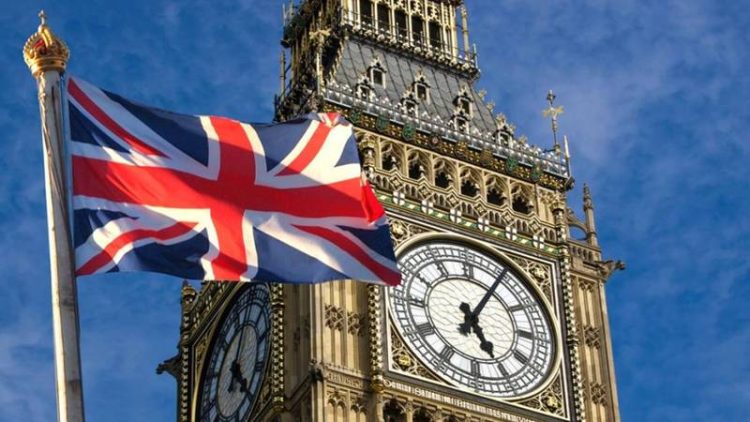Publisher: Maaal International Media Company
License: 465734
“Goldman Sachs”: “Brexit” reduced the size of British economy
Analysts at Goldman Sachs said that Britain’s decision to withdraw from the European Union (Brexit) led to a reduction in the size of its economy by limiting GDP growth and supporting the upward trend in inflation.
According to Al Arabiya, the bank confirmed that the performance of the British GDP was lower by about 5%. Pointing out that the decline in international trade, weak investments, and the decrease in the number of immigrants coming from Britain’s largest trading partner, are all factors that contributed to this.
Sadiq Khan, the Mayor of London, blamed Britain’s exit from the European Union for costing the British economy 140 billion pounds ($178 billion), calling on the government to “urgently rebuild relations with the European Union to stop the deterioration.”
اقرأ المزيد
Britain’s economic output could have reached £2.34 trillion in 2023 if the country remained within the EU, 65 percent more than the £2.2 trillion it recorded, according to Cambridge Economics.
It is expected that the impact will worsen, which will lead to a reduction of 311 billion pounds of expected output in 2035 compared to the scenario of no Brexit, equivalent to 10.1%. The analysis uses historical data to predict how the UK economy will perform “counterfactual” other than Brexit.
The report also suggests that London’s economy was £30 billion smaller than it would have been without Brexit. The average Londoner would have been around £3,400 worse off in 2023 due to voting to leave the bloc, compared to estimates of £2,000 for the average British citizen.








